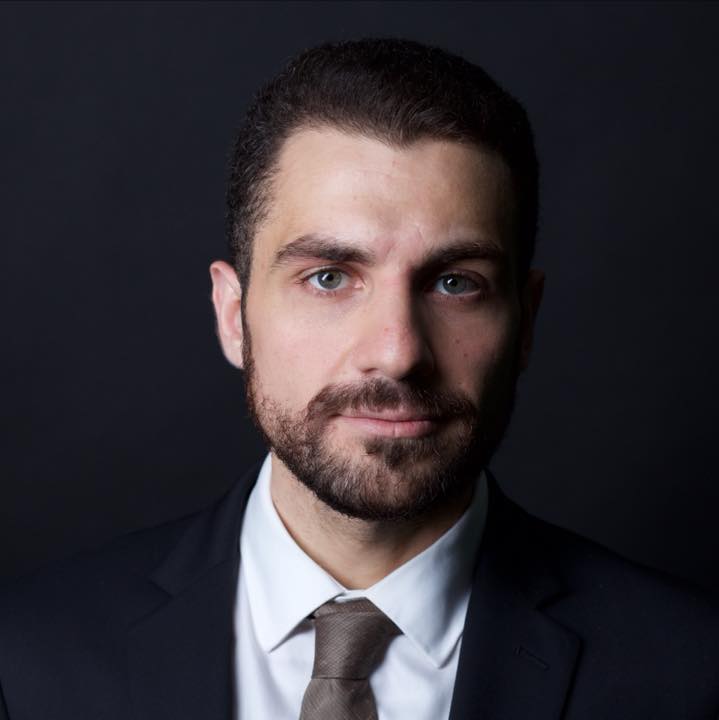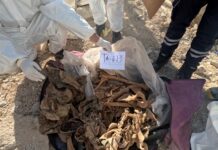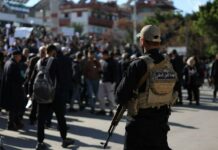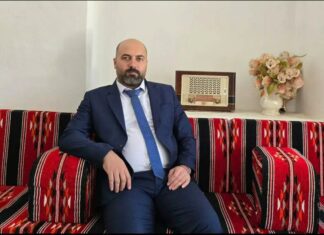As the Repelling the Aggression campaign reshapes the military and political dynamics in Syria, L24 spoke with Qutaiba Idlbi, Senior Fellow and Syria Lead at the Atlantic Council Middle East, and a founding board member of Madaniya, an independent Syrian civic initiative. In this wide-ranging interview, Idlbi evaluates the campaign’s progress, the evolving strategies of revolutionary factions, and the implications for Syria’s future, as well as the regional and international actors involved.

L24: How do you assess the success of the Repelling the Aggression campaign thus far, and what are its potential long-term implications for the military dynamics in northwestern Syria?
Qutaiba Idlbi: “It is too early to assess the military level, we are waiting to see how Russia and Iran will respond militarily. So far, they have definitely succeeded militarily in pushing Assad, and Iranian militias back, but also more successful politically in showing how weak Assad and Iran are in Syria right now.”
L24: What is your evaluation of the revolutionary factions’ use of domestically manufactured drones? Could this represent a significant technological shift in their capabilities, and how might it affect future engagements?
Qutaiba Idlbi: “The rebels have been successful in developing more military technology, especially drones. The better success I believe is in military work and command. The rebels are much more organized, much better trained this time than any of the years of fighting before, which is even more important in the long-term.”
L24: How do you expect the Assad regime, along with Russian and Iranian militias, to respond to the offensive, both militarily and politically?
Qutaiba Idlbi: “It is very tricky for both Iran and Russia right now. Russia is bogged down in Ukraine, and can’t seem to afford to shift military resources, especially advisors and personnel, to the front in Syria. I think the Russians are waiting to see how far this operation would go to assess where to go from there and to see if it is threatening to the regime enough for them to intervene more seriously.
“For Iran, the challenge is that they know that the previous interventions have exposed them to Israel, so they are very much worried about exposing vital leadership and weaponry assets to Israeli intelligence.”
L24: Given Turkey’s critical role in the region and its past commitments to the ceasefire, how do you perceive Turkey’s stance regarding this new offensive?
Qutaiba Idlbi: “Turkey certainly provided tacit approval to the operation, and perhaps with minimal military support with ammunition. Beyond that, judging by the lack of use of Turkish artillery, drones, and ATGMs in this operation, it seems that Turkey is monitoring and assessing its position.”
L24: With the US and Europe focusing on other global crises, do you see them playing any role in responding to this escalation, particularly concerning the humanitarian situation?
Qutaiba Idlbi: “Both US and EU will have limited options if they do not to respond to the crisis. Without vital humanitarian support, Turkey and the EU will face renewed waves of refugees.”
L24: What are the prospects for the revolutionary factions to achieve their stated goal of expanding safe zones and enabling the return of displaced families?
Qutaiba Idlbi: “We’ll have to wait and see. This is all very dependent on the Russian and Iranian response and what will happen in the weeks to come.”
L24: How might this offensive affect broader regional dynamics, including relationships between Turkey, Russia, and Iran, and their respective strategies in Syria?
Qutaiba Idlbi: “Most importantly, it is clear that Assad cannot be depended on to stop Iran or Hezbollah in Syria. Assad will try to sell this idea, to say that Iran lacks a presence in Syria now, but the operation exposes the fragility of its own military and security structure.”
L24: Could this escalation lead to increased international involvement, either diplomatically or militarily, to address the conflict’s consequences?
Qutaiba Idlbi: “I think this change is forcing different international actors to rethink their positions in Syria. No one can afford to ignore this, and a collective action will have to come together sooner or later.”








